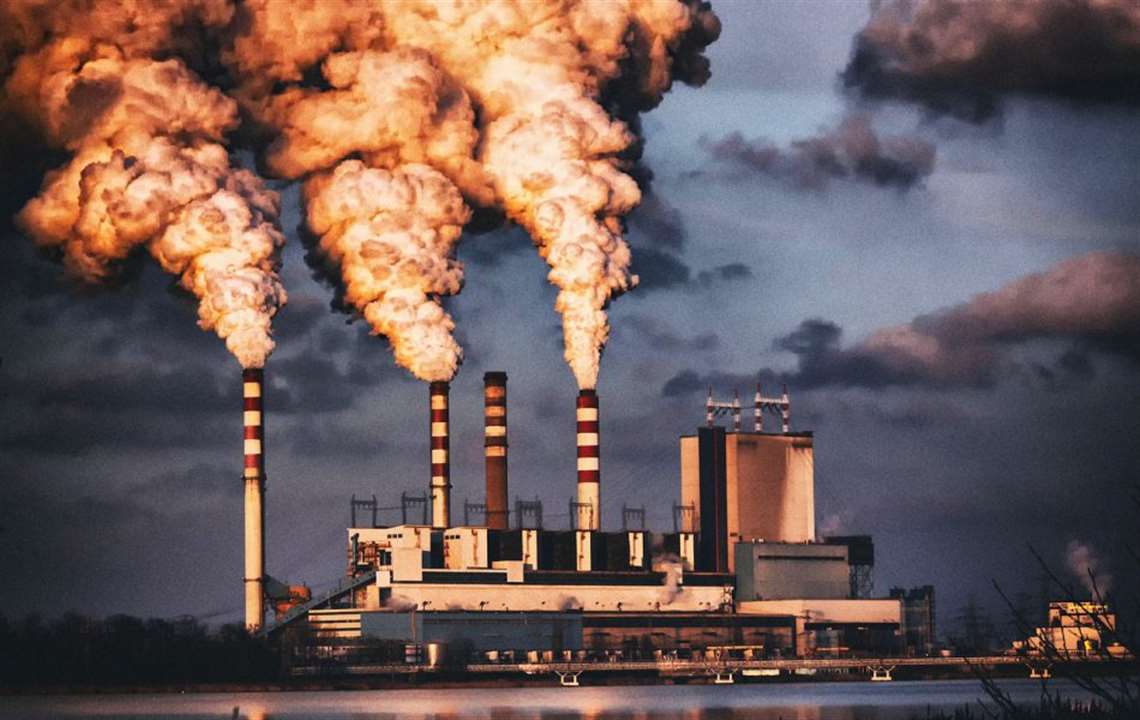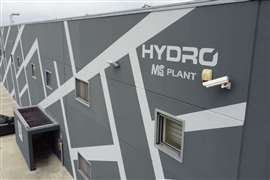CO2 From Energy Production Held Steady In 2019: IEA
12 February 2020

Despite widespread expectations of another increase, global energy-related carbon dioxide emissions stopped growing in 2019, according to a report by the International Energy Agency (IEA).
After two years of growth, global emissions were unchanged at 33 gigatonnes in 2019 even as the world economy expanded by 2.9%. This was primarily due to declining emissions from electricity generation in advanced economies, thanks to the expanding role of renewable sources (mainly wind and solar), fuel switching from coal to natural gas, and higher nuclear power generation, according to the IEA report. Natural gas produced more electricity than coal for the first time ever, meanwhile wind-powered electricity nearly caught up with coal-fired electricity.
Other factors included milder weather in several countries, and slower economic growth in some emerging markets.
Global power sector emissions declined by some 170 Mt, or 1.2%, with the biggest falls taking place in advanced economies where CO2 emissions are now at levels not seen since the late 1980s (when electricity demand was one-third lower).
The power sector now accounts for 36% of energy-related emissions across advanced economies, down from a high of 42% in 2012. The average CO2 emissions intensity of electricity generation declined by nearly 6.5% in 2019, a rate three times faster than the average over the past decade. In absolute terms, an average emissions intensity of 340 grams of CO2 per kilowatt hour in 2019 is lower than all but the most efficient gas-fired power plants.
Emissions outside advanced economies grew by close to 400 Mt in 2019, with almost 80% of the increase coming from Asia. In this region, coal demand continued to expand, accounting for over 50% of energy use, and is responsible for around 10 Gt of emissions.
“We now need to work hard to make sure that 2019 is remembered as a definitive peak in global emissions, not just another pause in growth,” said Dr Fatih Birol, the IEA’s executive director. “We have the energy technologies to do this, and we have to make use of them all. The IEA is building a grand coalition focused on reducing emissions – encompassing governments, companies, investors and everyone with a genuine commitment to tackling our climate challenge.”
Japan’s emissions fell by 45 million tonnes, or around 4%, the fastest pace of decline since 2009, as output from recently restarted nuclear reactors increased. Emissions in the rest of the world grew by close to 400 million tonnes in 2019, with almost 80% of the increase coming from countries in Asia where coal-fired power generation continued to rise.
Across advanced economies, emissions from the power sector declined to levels last seen in the late 1980s, when electricity demand was one-third lower than today. Coal-fired power generation in advanced economies declined by nearly 15% as a result of growth in renewables, coal-to-gas switching, a rise in nuclear power and weaker electricity demand.
“This welcome halt in emissions growth is grounds for optimism that we can tackle the climate challenge this decade,” said Dr Birol. “It is evidence that clean energy transitions are underway – and it’s also a signal that we have the opportunity to meaningfully move the needle on emissions through more ambitious policies and investments.”
POWER SOURCING GUIDE
The trusted reference and buyer’s guide for 83 years
The original “desktop search engine,” guiding nearly 10,000 users in more than 90 countries it is the primary reference for specifications and details on all the components that go into engine systems.
Visit Now
STAY CONNECTED




Receive the information you need when you need it through our world-leading magazines, newsletters and daily briefings.
CONNECT WITH THE TEAM












